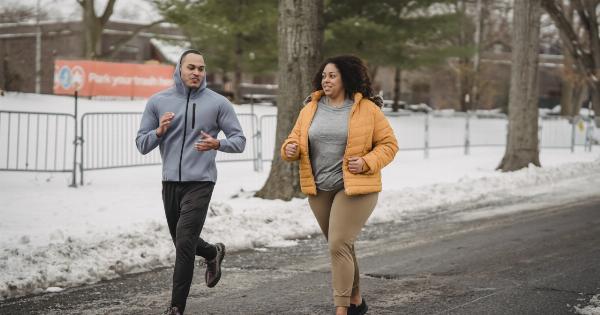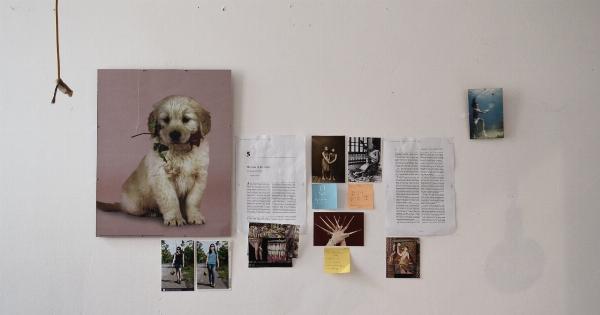As a puppy owner, it is important to understand how the first exit affects your canine companion’s growth and overall health. Your puppy’s early experiences can have a significant impact on its behavior and well-being in the future.
What is the First Exit?
The first exit refers to the puppy’s first elimination outdoors. This is typically when the puppy is around 12-16 weeks old and has received its first round of vaccinations.
Before this age, puppies are unable to control their bladder and bowel movements. They rely on their mother to help them eliminate by licking and stimulating them.
As they grow and begin to develop control over their bodily functions, it is important to start training them to go potty outside.
Why is the First Exit Important?
The first exit is important for several reasons:.
1. Establishing Good Habits
The first exit is the starting point for establishing good bathroom habits. It is crucial to train your puppy to go potty outside if you want to avoid accidents and prevent your carpets and furniture from being soiled.
By providing a designated potty area and consistently taking your puppy outside to eliminate, you are teaching it where it is appropriate to relieve itself. This will help establish good habits early on that will carry over into adulthood.
2. Socialization
The first exit is also an opportunity to begin socializing your puppy. Taking your puppy outside exposes it to new sights, sounds, and smells. This can help your puppy become more comfortable and confident in unfamiliar situations.
Additionally, taking your puppy outside to interact with other dogs and people can help it learn appropriate behaviors and develop social skills that will serve it well in the future.
3. Exercise
Going outside for the first exit is also an opportunity for your puppy to get exercise. Young puppies have a lot of energy and need regular opportunities to play and explore their environment.
Taking your puppy outside for the first exit not only gives it a chance to stretch its legs, but it also provides mental stimulation as it explores new sights and smells.
Tips for Training Your Puppy for the First Exit
Training your puppy for the first exit takes patience, consistency, and plenty of positive reinforcement. Here are some tips to help you get started:.
1. Establish a Routine
Establishing a routine is key to successful potty training. Take your puppy outside at regular intervals throughout the day and after meals. Praise and reward your puppy when it eliminates outside.
2. Be Consistent
Consistency is crucial when training your puppy. Take your puppy out to the same designated potty area every time and use the same command word when you want it to go potty.
3. Use Positive Reinforcement
Positive reinforcement is the most effective way to train your puppy. Praise and reward your puppy every time it eliminates outside. This will help reinforce good habits and encourage your puppy to continue going potty outside.
4. Be Patient
Potty training takes time and patience. Be patient with your puppy and don’t get frustrated if it has accidents inside. Remember that accidents are a normal part of the learning process and your puppy will eventually get the hang of it.
Conclusion
The first exit is crucial for your puppy’s growth and development. It is an opportunity to establish good bathroom habits, socialize your puppy, and provide exercise and mental stimulation.
By following a few simple tips and being patient and consistent, you can successfully train your puppy to go potty outside and set it up for a happy and healthy adulthood.


























